The past few days have been busy with shopping, wrapping gifts and never-ending parties but also a sacred time to get closer to the mystery of the incarnation of the Son of God. We have heard in the sacred writings God’s plan of salvation through Old Testament prophecies and have been drawn into the God/man historical event. With Mary as our guide, we penetrate the depths of the mystery that is, the meaning or the inner dimension of the historical events as recorded in the scriptures. It is only the liturgy that we can plunge into the ‘mysterion’, the mystery - the reality/fact mediated by the sacred scriptures. In the liturgy, we internalize and deepen our faith.
The fourth Sunday of Advent presents the (second joyful) mystery of the visitation of Mary, that is, the coming of Mary to Elizabeth. As Christmas draws nearer, we relive the dramatic encounter of Elizabeth (woman of the house of God) and Mary, listen to, and take to heart the lively dialogue of these two saintly religious figures, a barren woman in her sixth month of pregnancy and a virgin in her first. The text gives the visitation minus the Magnificat (Canticle/Song of Mary). Following the annunciation of the angel Gabriel to Mary of the divine plan that she was to give birth to Jesus and assured her that Elizabeth, her cousin was on her sixth month of pregnancy who was barren, she hastened at the marvel the angel has spoken. She said yes to angel Gabriel and yielded to God, but she didn’t yet fully understand that she was going to carry in her body, ‘Dabar Adonai’, The word of the Lord. Her visit was a fulfillment of the promise of the angel at the annunciation and at the same time, reverence for her elderly cousin. Even at a very young age, she knew it was not easy for Elizabeth to carry the pregnancy. Although it’s not our concern, we may ask, that did she do for the rest of her visit? You bet, she helped and cared for her cousin do the simple and ordinary human stuff, perform household chores. She washed dishes, cooked meals, and laundry, too. And most importantly, talked deeper about God and the experience. The letter to the Hebrews in the second reading says, “When Christ came into the world, he said, sacrifice and offering you did not desire, but a body you prepared for me; in holocausts and sin offerings you took no delight. Then I said, ‘As is written of me in the scroll, behold, I come to do your will, O God.” These verses highlight the significance of charitable acts during the season. We just don’t celebrate the mystery, the heart of the liturgy but also express outwardly God’s love through concrete and practical actions and gestures (gift giving).
In tough times, our humanity impels us to take care of one another. The pandemic exposed both the worst and the best of humanity by taking care of the sick especially, our neighbor (from family and friends to strangers and enemies). As we host dinners and show up at parties in the next few days, we will witness the unfolding of divine love, an experience that will last for ages. The visitation of Mary as the fulfillment of the promise was a divine command. Nothing God said is impossible. The presence of God caused them to rejoice. Mary was the ark and the child the glory of God.
Mary went in haste with great enthusiasm to the house of her cousin Elizabeth to the hill country of Judah/Judea near Jerusalem (three- day walk), a reflection of her excitement and obedience to the plan revealed to her. Mary embarked on a new mission, a new chapter, a new meaning, and substance in her life. God’s plan revealed has drawn her closer and deeper to God’s life and love. Her unexpected visit was an attempt to understand and to see the recent marvelous happenings. After Mary entered the house of Zachariah and greeted Elizabeth, the child in her womb leaped for joy and gladness which ushered the advent of the Messiah. Elizabeth’s reaction to Mary’s greeting tells us volumes about her faith-filled words and gestures. Mary’s greeting was so moving that it caused the baby to jump in the womb. God among us is the reason for the season. It was not an ordinary greeting of Hi and Hello. Elizabeth was overjoyed of her pregnancy. John could not wait to meet his cousin. It was certainly a revelation on Elizabeth’s part. She knew right away that Mary was pregnant, and that the child was special and even greater than John’s. He was the Messiah. How is it that the mother of my Lord should come to me? Elizabeth could not believe that the Lord has visited her.
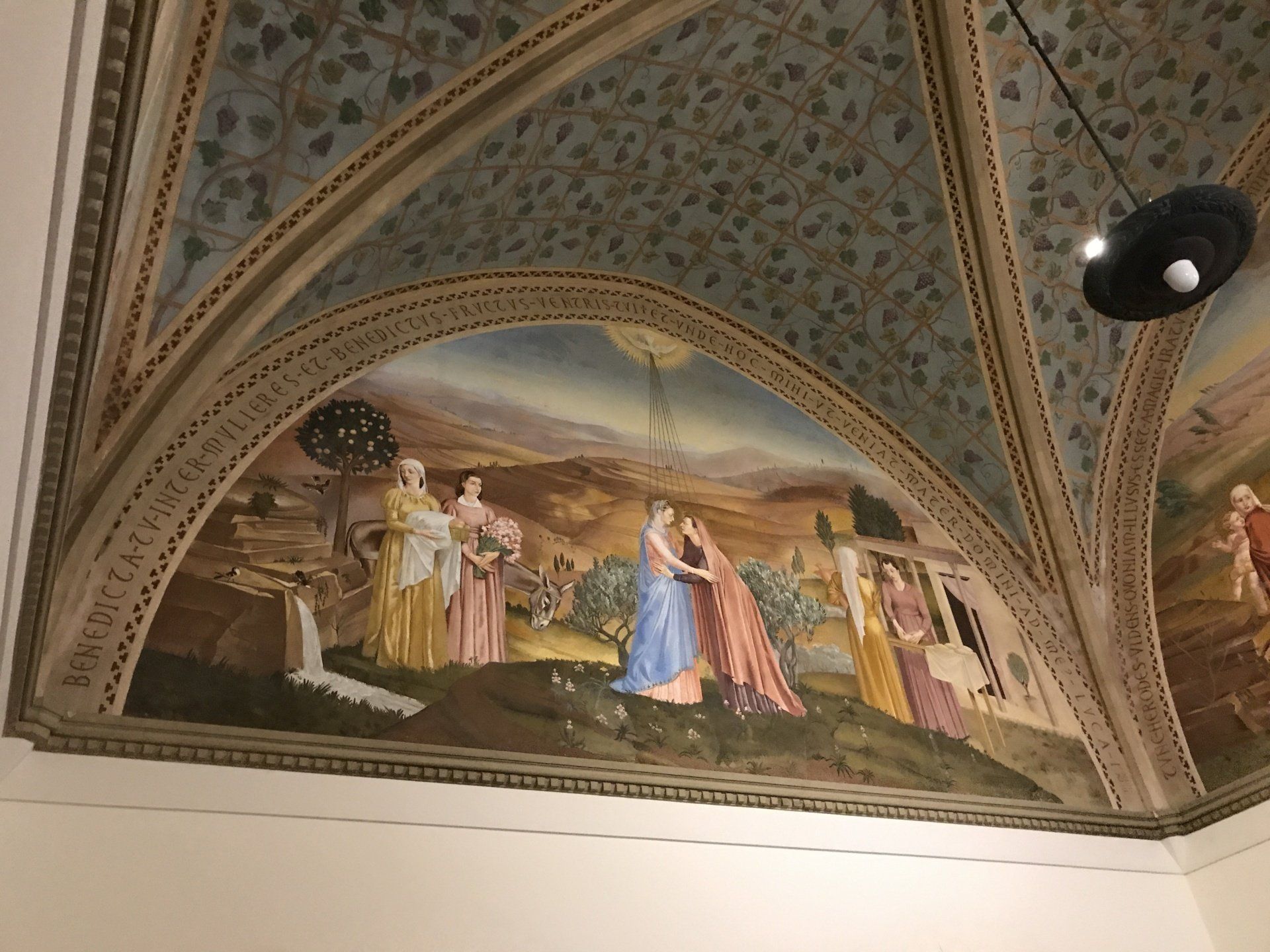
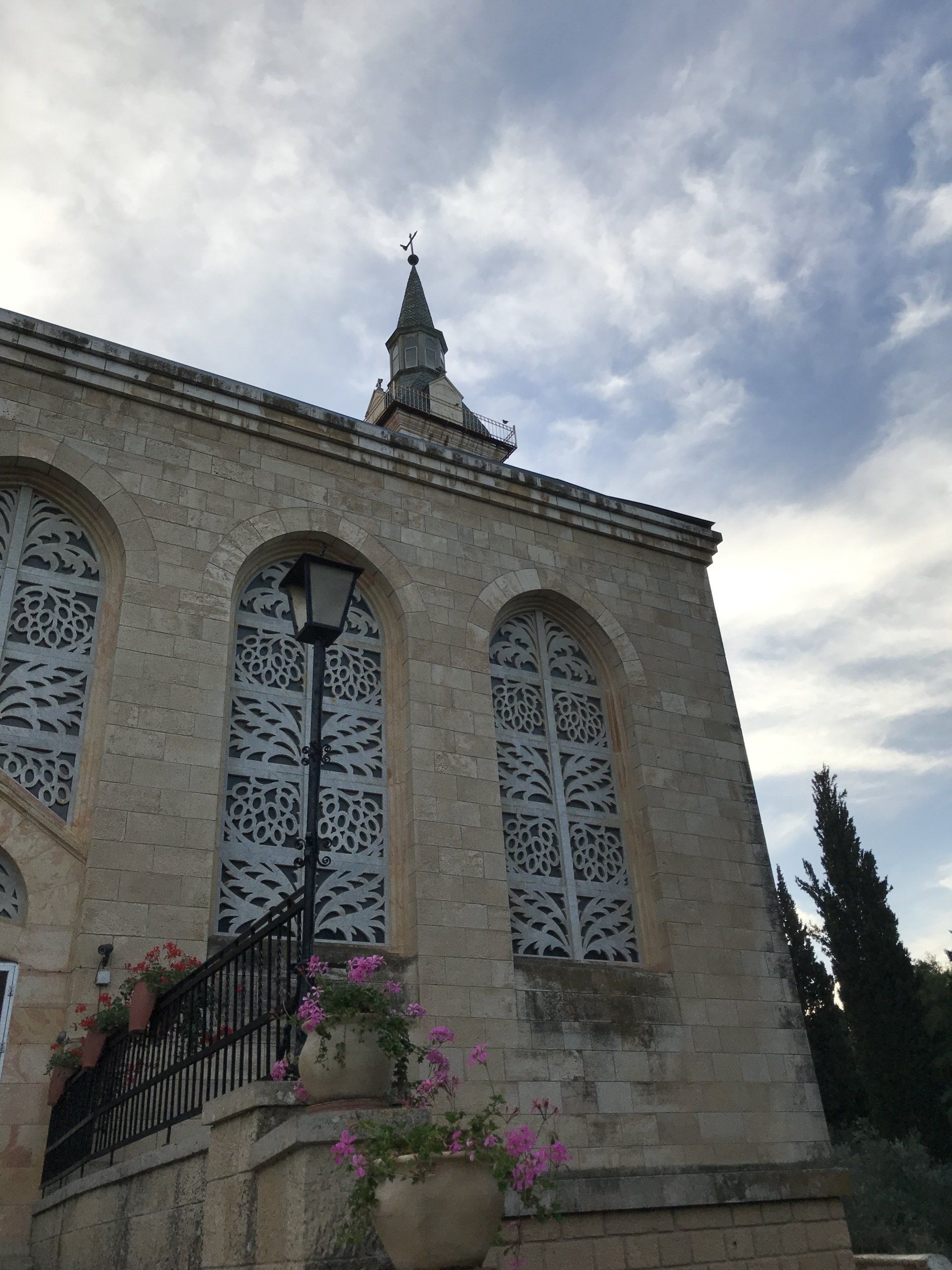
With unrestrained joy and loud cry, Elizabeth uttered, “Blessed are you among women and blessed is the fruit of your womb.” This was a greeting that came out naturally from Elizabeth’s mouth. I am so glad you came and visited me. Mary’s blessedness emerged by way of spiritual kinship and not blood, flesh, race, descent, etc. The Blessedness here refers to the word ‘eulogeo/eulogomenos’ which was an invocation of the blessing of God. The blessing was a petition that the one being blessed be granted divine favors. Although Blessing has already been granted to Mary at this time, it was meant to emphasize how special and blessed she was by God. Elizabeth extolled and praised Mary. She recognized her blessedness because of the child in her womb. Elizabeth’s canticle for Mary also echoes Old Testament’s motifs, “Blessed be Jael among women” (Judg 5:24). Uzziah, too, son of Micah proclaimed to Judith, “Blessed are you daughter…among all women on earth” (Judith 13:18). However, the blessedness of these two women was different from Mary. The blessing of Mary emerges from the following line: “Blessed is the fruit of your womb”. The fruit of the woman is God incarnate – Messiah. This blessing recalls Moses words to Israel that if you are obedient to the voice of the Lord, “Blessed be the fruit (offspring) of your womb” (Deut. 28: 1,4). Blessed are you who believed that was spoken to you by the Lord would be fulfilled.
We are inundated with prophecies on Advent and today, the first reading from the prophet Micah presents a vivid description (the answer) of the divine promise that the savior of the world will come not from a metropolitan city but from Bethlehem (house of bread) – Ephrathah (field of fruit), a small and insignificant town five miles south of Jerusalem. This is the Bethlehem and Ephrathah in Judah, the same place of the visitation of Mary to the hill country of Judah in the house of Zechariah. This never heard village has become a powerhouse and source of salvation. By going to an unexpected place, outskirt if you will, God is letting us know that there will be a reversal of fortunes and world order. Although this new ruler belongs to the lineage of David, his rule will be called forth and strengthened by God. He will lead as a shepherd with gentleness, much love and tender care and not iron fist. At the present, even though Bethlehem is under Palestinian authority, the church of the nativity is shared and cherished by all humanity. It’s been recently restored. The new king Israel will be like a shepherd. There will be peace and security. Amen.
PARISH BLOG
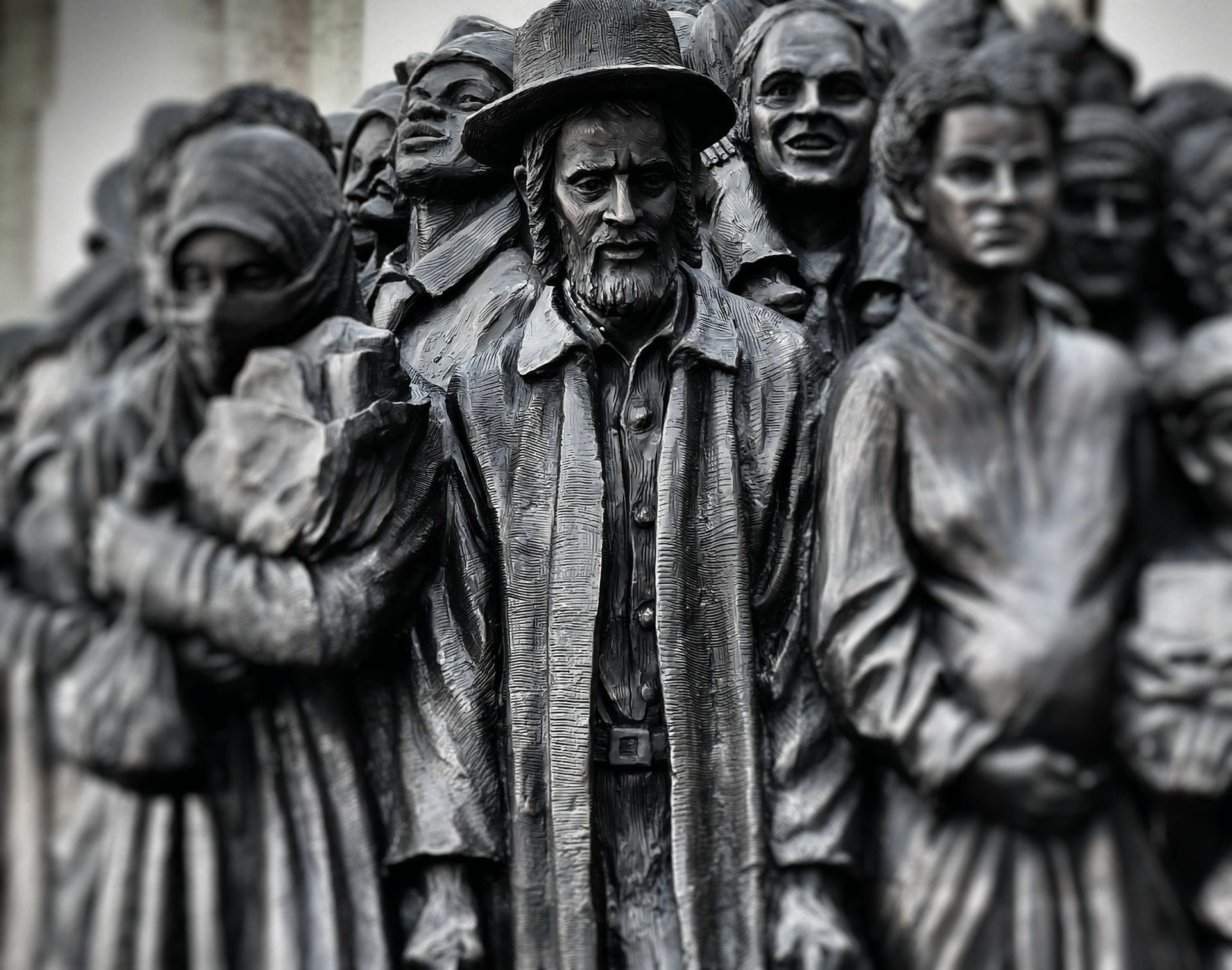
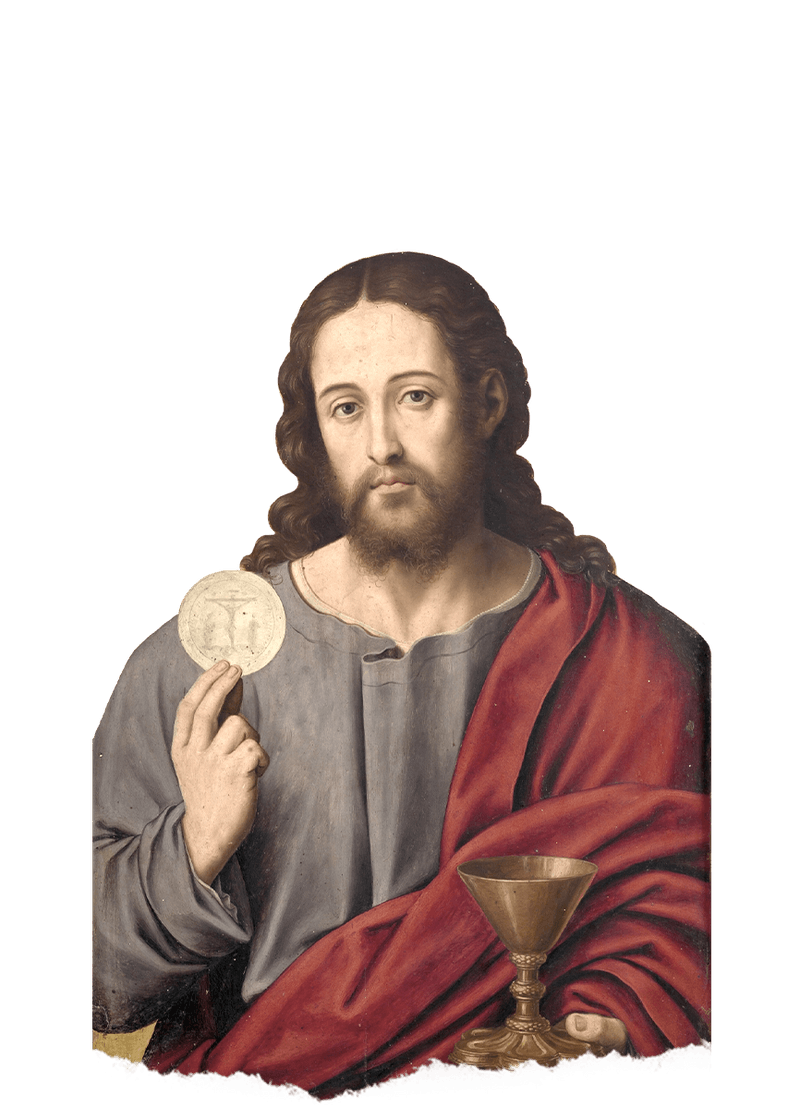
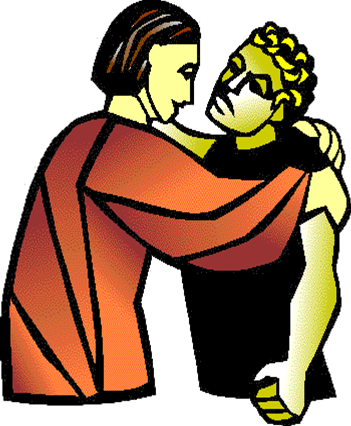
ABOUT US
WELCOME
SAINTS AND SINNERS, FAITHFUL AND UNFAITHFUL, RELIGIOUS AND OTHERWISE
USEFUL LINKS
CONTACT INFO
IMMACULATE CONCEPTION
928 C Avenue, P.O. Box 1176
Douglas, AZ 85607
PHONE: (520) 364-8494
ST. BERNARD AND MISSIONS
2308 N. McKinley St., P.O. Box 3101
Pirtleville, AZ 85626
(520) 364-2762
ST. LUKE
1211 E 15th St., Douglas, AZ 85607
(520) 364-4411
FLOCKNOTE SIGNUP
Diocese of Tucson News: Do you miss our diocese's former print newspaper “The Outlook”? Did you know that we now have an online version called: “The New Outlook”? Sign up for it today and it will automatically go to your email every week. It is entirely free, and it informs our readers about inspiring and important local, national, and international Catholic issues and events. To sign up for the “The New Outlook”
Log on: https://news.diocesetucson.org/subscribe
Enter your name and email address and you will begin receiving “The New Outlook” weekly in your email.
May God bless you abundantly!
Bishop Edward J. Weisenburger
